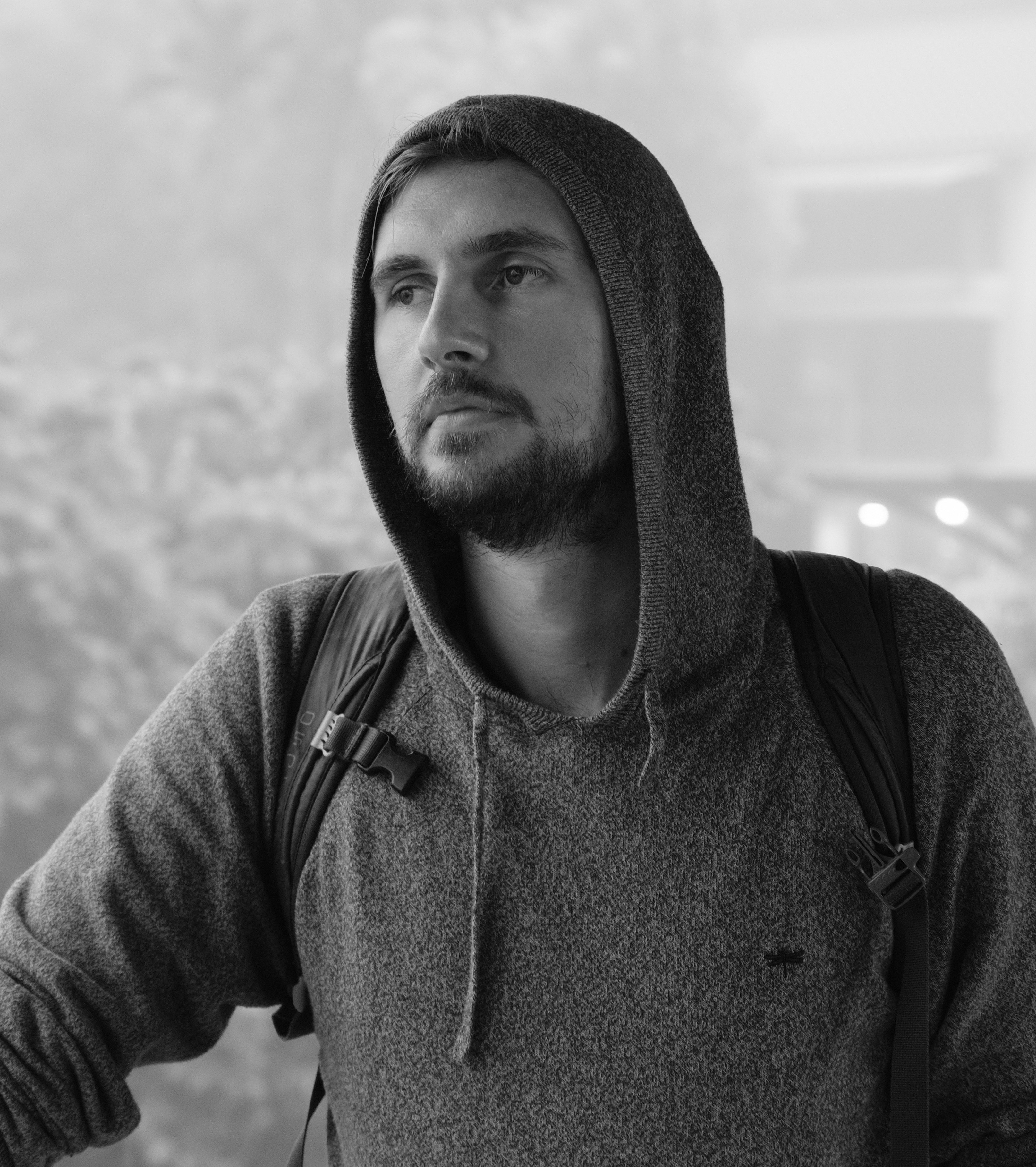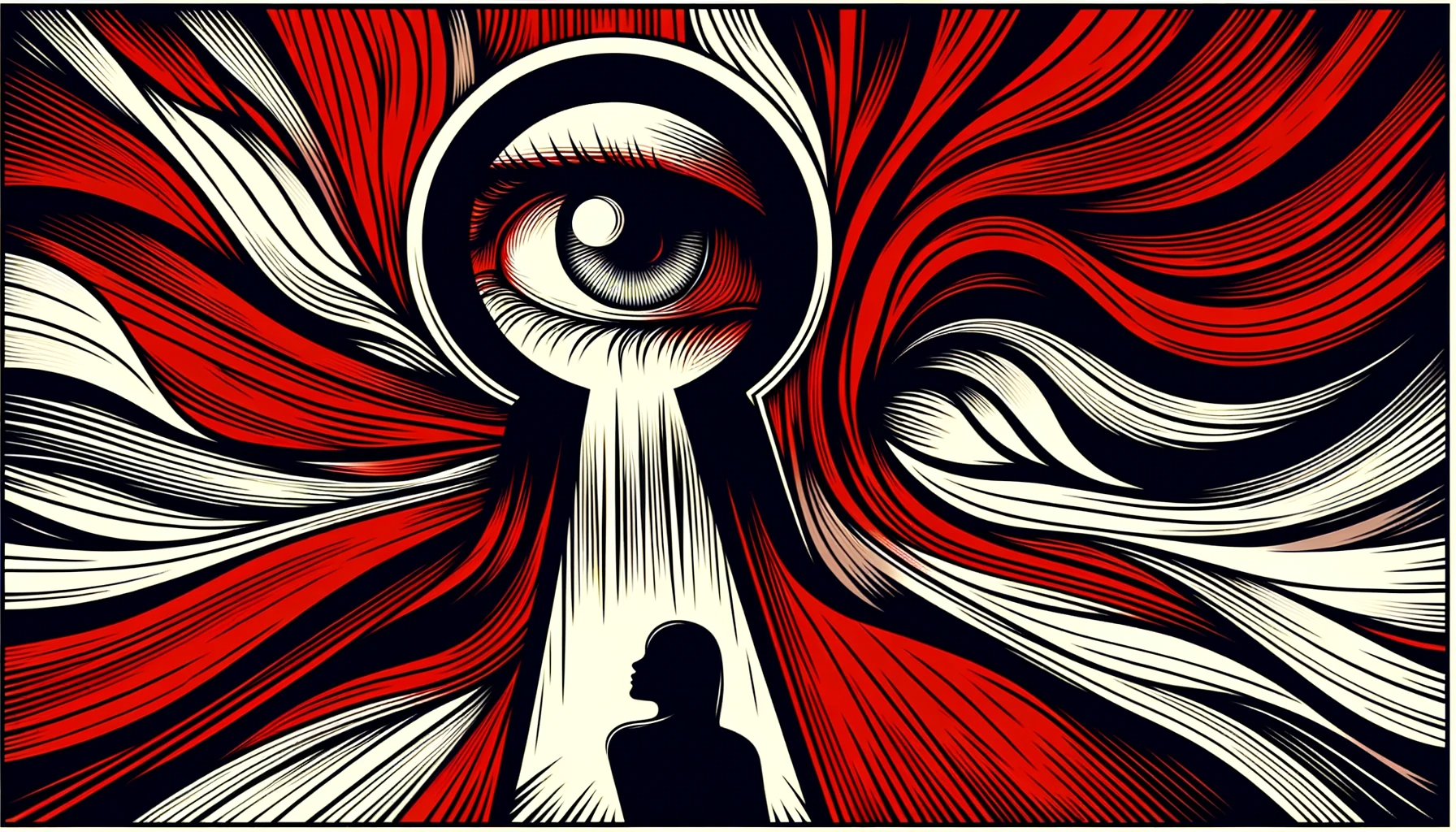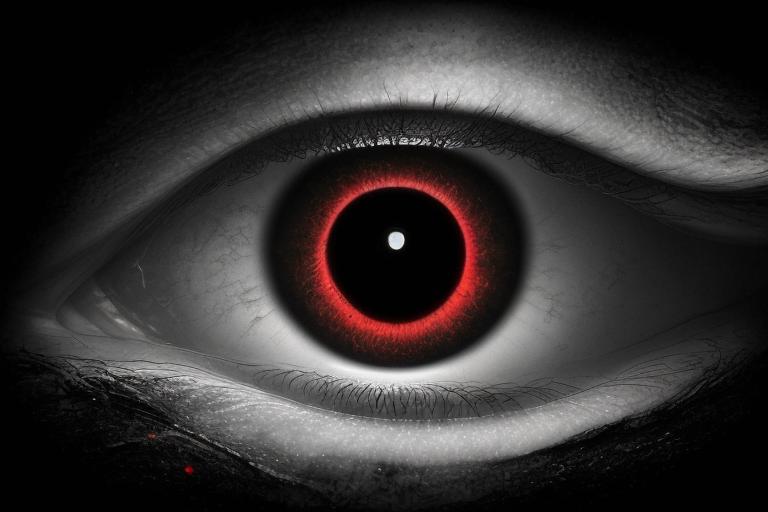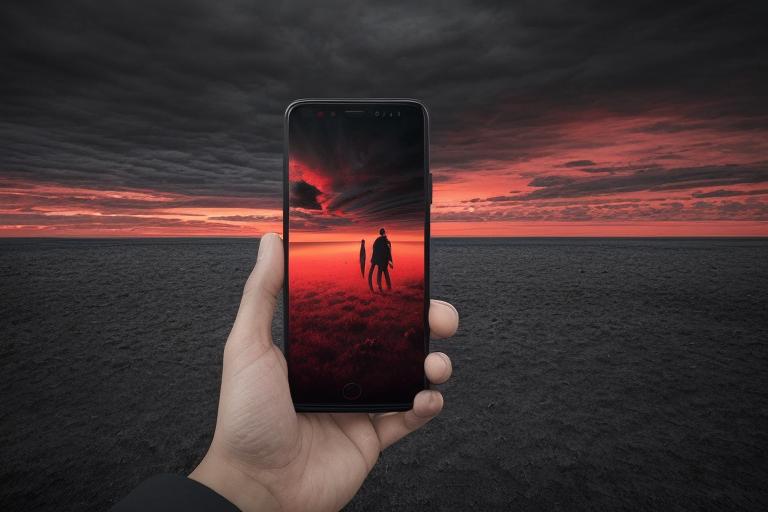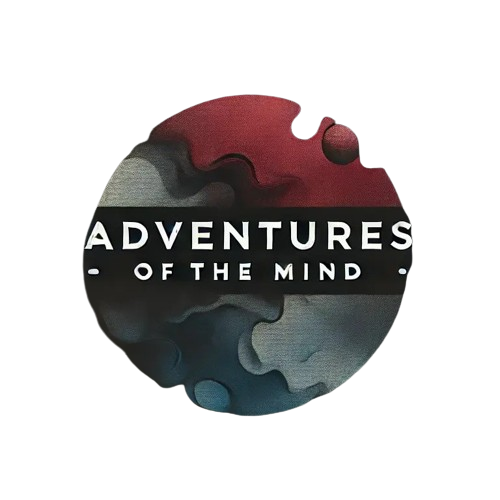The Power of Paying Attention
Published by Ben Worrall 25th March 2025

I spend a lot of time living in my head. I’m a thinker. There’s no doubt about it. Often drifting into imagination mid-conversation. Or staring into space while mentally running through future scenarios. One of my friends used to say that I have a three-second delay when responding to questions, and I think this is why. It takes me time to move from the internal world of thought back into the world of form.
In many ways, being a deep thinker is a helpful quality for navigating life. I tend to make sensible and strategic decisions by weighing up the options with care. I also have a strong imagination — an advantage when it comes to problem-solving and creative work. Writing this newsletter is well-suited to my contemplative personality. I have hundreds of ideas for essays and stories; I’m always sparking new insights; the difficult part is expressing them in words. There’s no question that flexibility of mind is one of my strengths. Yet, I do believe the adage ‘your greatest strength is your greatest weakness’ is relevant here.
In this essay, I want to focus on the issues that arise when we become stuck in a cycle of overthinking. When thinking turns from a useful tool into a cage of diminishing perception. If you’re into the philosophical subjects I discuss here, then it’s likely you fall into this trap too.
Paying Attention Matters
“It is also interesting to speculate that in talking, we convey information to others, whereas consciousness is concerned with our receiving information. There is a close connection between consciousness and paying attention, for the more attention we pay to something, the more conscious we are of it.” — Alexander Lowen
Conceptualization can be a helpful tool for navigating the muddy path to truth, but it can also be a barrier, holding discovery at arm's length, and keeping one stuck on a treadmill of mental models. Put simply: when we become lost in thinking, we lose touch with what’s happening — we’re no longer present.
The essence of a mindfulness practice, for example, is to become better at aligning awareness with reality. For conceptual people like myself, this can be challenging because we’re used to thinking our way through life rather than being with it. We too easily drift back into our conceptualizations of the world and mistake them for what’s real.
As the quote above suggests, when we’re talking — conveying information — we’re less able to receive information, and what is the thinking process but a conversation with ourselves? An internal debate. The issue with endless thinking is that we miss what’s real, shutting out valuable information that could refine our perceptions. We believe we’re making progress, but our thought process is on repeat, recycling the same material time and again.
What will lead to the most growth in our consciousness is giving ourselves space to pay attention. When we make this a habit, our mind is free to take on new information. We’re listening to what life has to say rather than speaking over it. The act of listening, in the end, is what’s going to help us gain greater levels of understanding. Not so much in a left-brained, fragmented way, but a big-picture, holistic way.
We see the world in ourselves and ourselves in the world — integrating both into a more powerful form of awareness. By opening ourselves up to reality, by observing it, we see the wisdom in it. It’s the embodiment of life’s wisdom that grows us in a positive direction and makes us more effective human beings. As I have spoken about before, what we’re essentially trying to do is take on and integrate the highest universal values. These values, at least in my opinion, are not subjective, but baked into life. The problem is that we often don’t pick up on them because our minds are so distracted by survival concerns and culturally programmed fixations. Sometimes life’s wisdom is felt and integrated, but often it’s ignored. So we need to be ready for it; we need to pay attention.
Seeing Past the Filters
It’s important to realize that none of us are seeing the world as it actually is. Our perceptions have been clouded by societal and cultural influences. As I talked about in my We Live in Different Realities essay, everyone believes in the truth of their perceptions while completely ignoring the vast range of factors that have gone into shaping them, not only cultural, but family influence, inborn traits, and differences in brain structure.
Therefore, we can think of ourselves as experiencing the world through a multi-layered personal filter. We’re not seeing what’s there, we’re seeing our own version of what’s there. We notice what our mind tells us is relevant and ignore what’s not. We make prejudgments on objects, events and people based on previous experience and the positive or negative value we have assigned to them.
The goal is to become aware of our filters, which are normally invisible to us, and to see the world that lies beyond them. Doing this opens us up to experience. We take on a mindset of curiosity and not knowing. We’re more willing to pay attention to life as it is without projecting concepts, narratives or values onto it. We notice and pay attention to things that would have previously been ignored and it’s in this act that growth takes place.
Art and Philosophy
I’m big on art and philosophy as methods of engaging with life. For both the artist and the philosopher, seeing past personal filters and paying attention to what’s there makes all the difference. If a non-filtered engagement with life isn’t possible, then the thinker will be forever lost in their conceptual scheme of the world. This will infect their work with unoriginality and untruthfulness.
One of my issues with writing fiction is that I sometimes fail to make a truthful connection with reality. For example, my characters often lack three-dimensionality because I haven’t paid enough attention to other people to get a varied grasp on how humans act in the real world. I’ve been too busy and stuck in my head to notice the intricacies of human behaviour, and this hurts my work. The same applies to writing descriptions. I haven't paid enough attention to the workings of the world to bring it to life on the page. The best artists combine experience with imagination. They’re not just tapping into a higher form of creativity, but are masters of integrating various dimensions of their life experience into their art. Artists who can do this are positioned to create timeless work — simultaneously providing a feeling of recognition and transcendence.
In terms of philosophy, insights often arise through observation. Being a deep thinker is great for analyzing pre-existing material, but if it leads to being closed off from experience, no new material can enter the frame and the insights produced become limited. This applies to the observation of the exterior and interior world. How are your thought patterns affecting your behaviour? What games is your mind playing? Can you notice the images and emotions that cling to your psyche? These are all valuable pointers that move you closer to self-understanding, but are you paying attention to them?
The Process of Paying Attention
So how do we step away from our thought patterns and get back to seeing what’s there?
Nowadays, I would say the biggest problem is the overload of stimulation from all sides. Especially online media content which is never-ending and keeps us programmed with narratives about the world at the expense of coming to our own conclusions through observation.
One way I’m trying to fight this tendency is by being more conscious about what I watch, read and the ideas I consume. I’m also gradually increasing the amount of time I spend in nature.
Imagine an entire day sitting in nature, without distractions, simply observing. How do the leaves move in the wind? What patterns emerge in the way a spider builds its web? Does the ambience reveal anything when you look and listen? Any one of these could occupy a full day of study, leading to unknown revelations that may change our entire outlook on life — we don’t give ourselves a chance at this type of growth because we spend so little time truly looking. Even those people who do get out and engage with the world often are likely so lost in their internal dramas that they never see the intricacies right before their eyes.
What the process of paying attention comes down to is trusting life to be your ultimate teacher. For most of my adult years, I’ve been attempting to improve myself through study and intellectualization. But I’m starting to realize that real change happens through vulnerability — a willingness to be knocked down. Through facing whatever life has in store rather than relying on the subtly defensive ploy of over-analyzing everything.
In a way, you could think of this as an acceptance, or even a submission, to reality. It’s a bowing down to the lack of control that we ultimately have and enjoying the ride anyway. Things start to shift when you’re sat firmly on the rollercoaster, wind blowing into your face, and you give in to the thrills and pains of the ride. This is when the doors of perception begin to creak open. Finally, you’re paying enough attention to notice the horizon beyond. And with every turn of the track emerges a new version of you — exactly the way it was intended.
Ben Worrall
